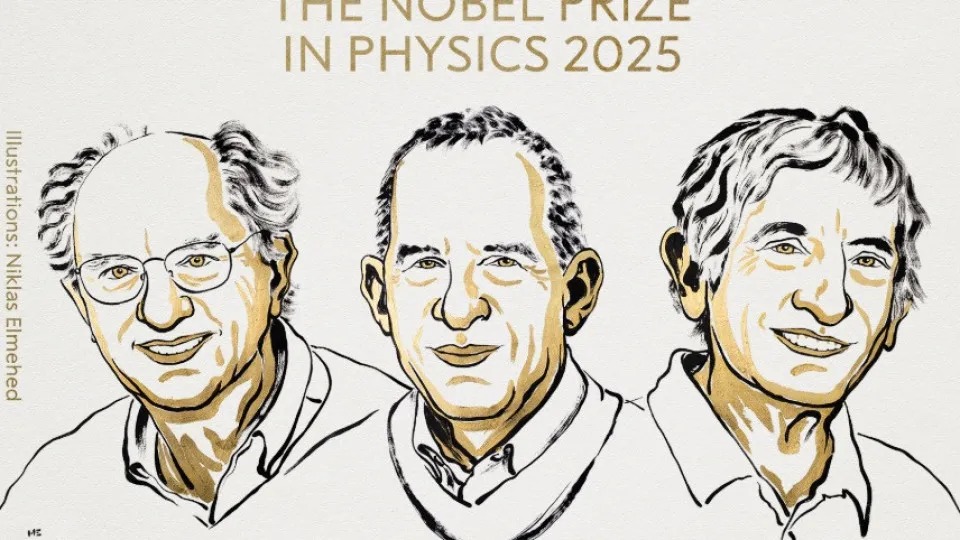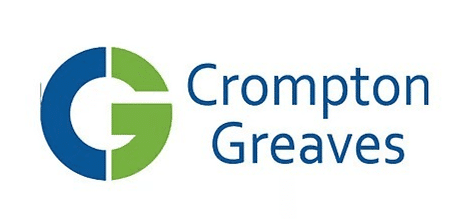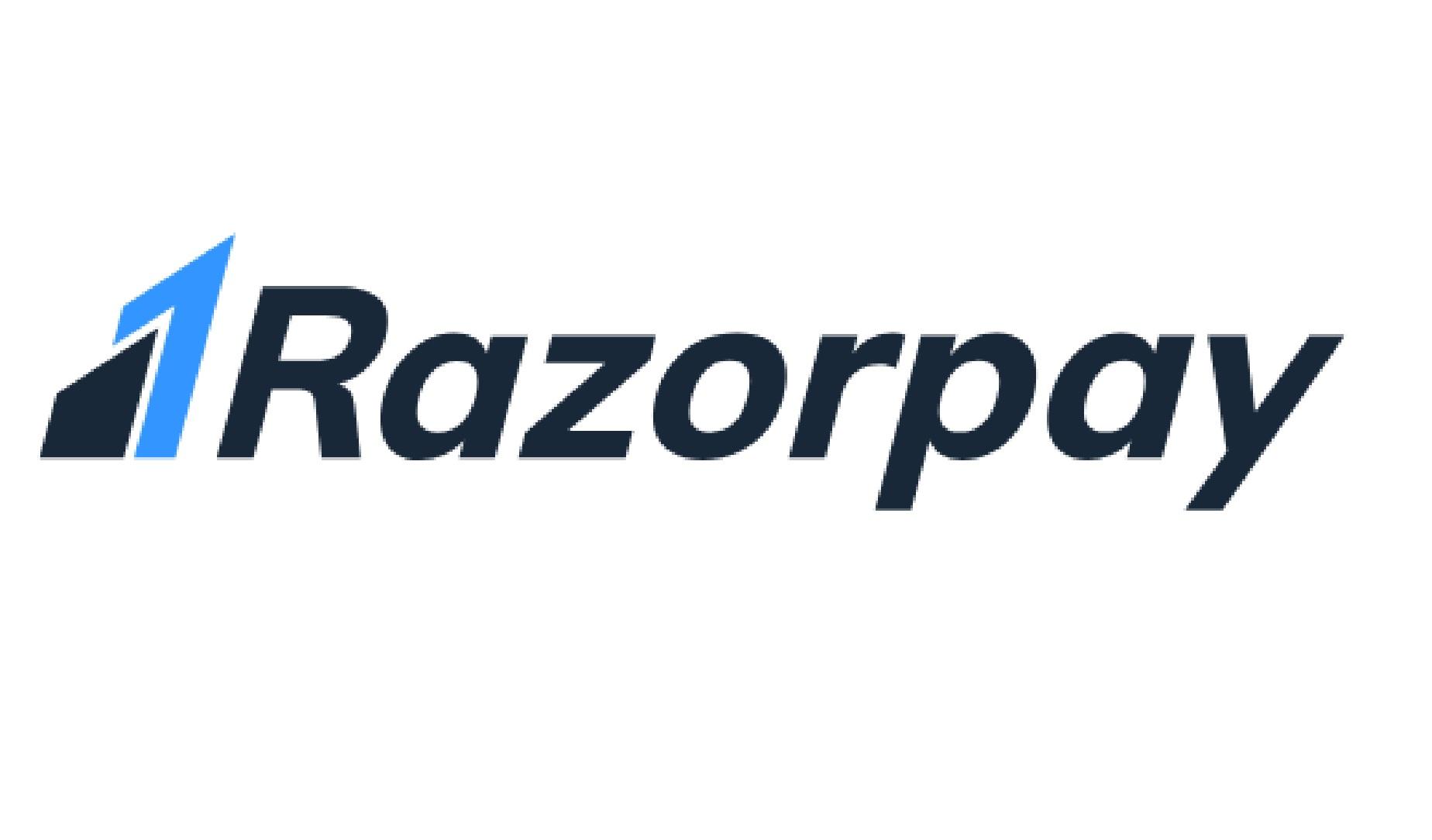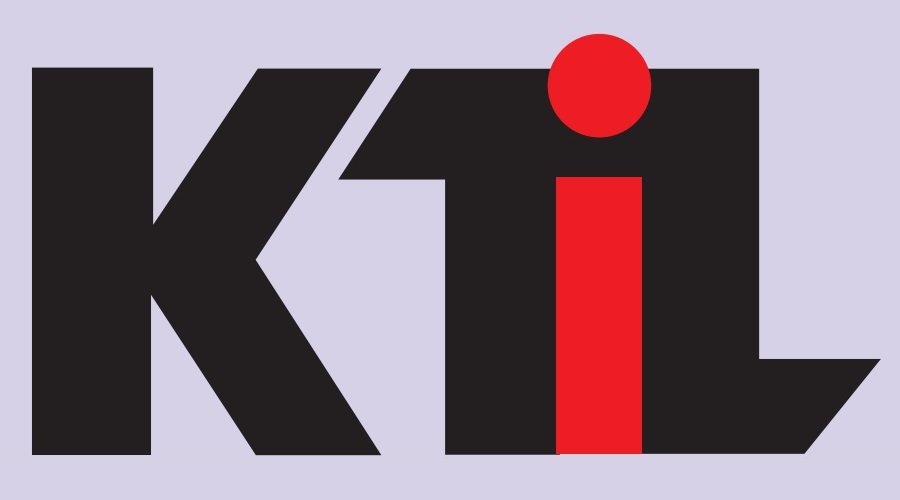John Clarke, Michel Devoret, and John Martinis have won the 2025 Nobel Prize in Physics for their pioneering work in superconducting quantum circuits. Their research has enabled scalable quantum computing and transformed experimental physics. The award highlights the global significance of quantum technologies in science, security, and computation.
In a landmark recognition of quantum innovation, the 2025 Nobel Prize in Physics has been awarded to John Clarke, Michel Devoret, and John Martinis for their groundbreaking contributions to superconducting quantum circuits. Their work has laid the foundation for scalable quantum computing, revolutionizing both theoretical physics and applied technology.
Key Highlights
- John Clarke, a British physicist and Professor at UC Berkeley, is renowned for his development of superconducting quantum interference devices (SQUIDs), which are ultra-sensitive detectors of magnetic flux
- Michel Devoret, based at Yale University, has advanced quantum measurement techniques and engineered superconducting qubits with unprecedented coherence times
- John Martinis, formerly at Google and now at UC Santa Barbara, led efforts to build high-fidelity quantum processors, including the team that achieved quantum supremacy in 2019
- The trio’s collective work has enabled quantum bits (qubits) to be manipulated with precision, paving the way for fault-tolerant quantum computing
- Their innovations have applications in cryptography, materials science, and fundamental physics, with ripple effects across academia and industry
- The Nobel Committee cited their “decisive contributions to the development of superconducting quantum circuits” as the basis for the award
- The prize includes a gold medal, diploma, and a monetary award of 11 million Swedish kronor (approx. USD 1 million), to be shared equally among the laureates
Strategic Takeaways
- This year’s Nobel Prize underscores the growing importance of quantum technologies in shaping the future of computation and secure communication
- The laureates’ work bridges experimental physics and engineering, demonstrating the power of interdisciplinary collaboration
- Their recognition is expected to boost global investment in quantum research and inspire the next generation of physicists
- Institutions associated with the winners—UC Berkeley, Yale, and UCSB—are likely to see increased academic and funding interest
Scientific Outlook
- Quantum computing remains one of the most promising frontiers in physics, with potential to solve problems beyond classical limits
- The Nobel Prize validates decades of research and positions superconducting circuits as a leading architecture in the quantum race
- Industry players like IBM, Google, and startups worldwide continue to build on the laureates’ foundational work
Sources: NobelPrize.org, UC Berkeley Physics Faculty Profile, Economic Times Science Desk, Nature Physics Editorial, Yale Quantum Institute Update







